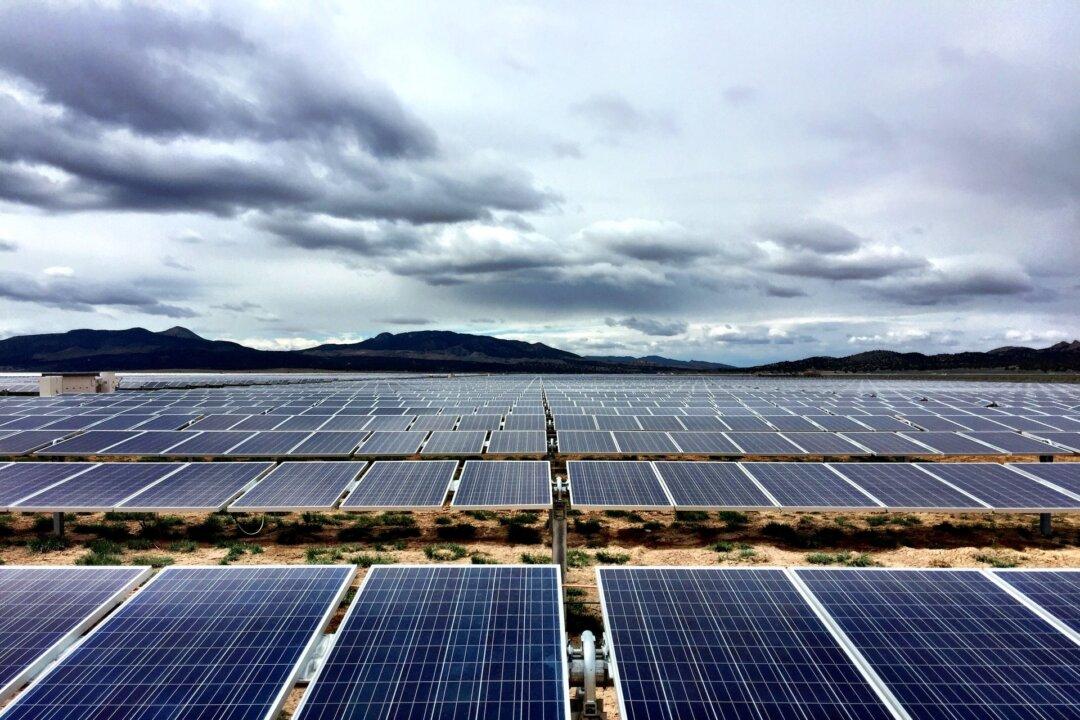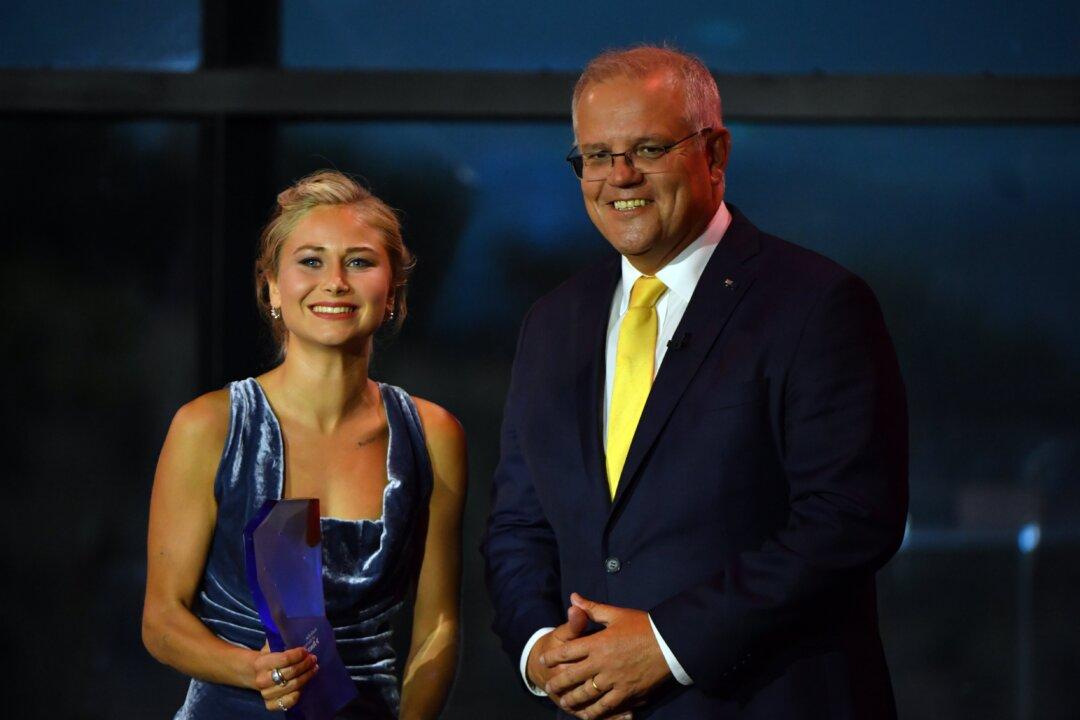Australia is expected to add more than 7 gigawatts of renewable energy capacity to the grid in 2024, according to the government’s Clean Energy Regulator, the nation’s leading authority responsible for implementing legislation to reduce carbon emissions and increase the use of clean energy.
This includes an estimated 3-4 gigawatts from large wind and solar projects and around 3.1 gigawatts from small rooftop solar systems, as outlined in the Clean Energy Regulator’s Quarterly Carbon Market Report for the second quarter of the year.





